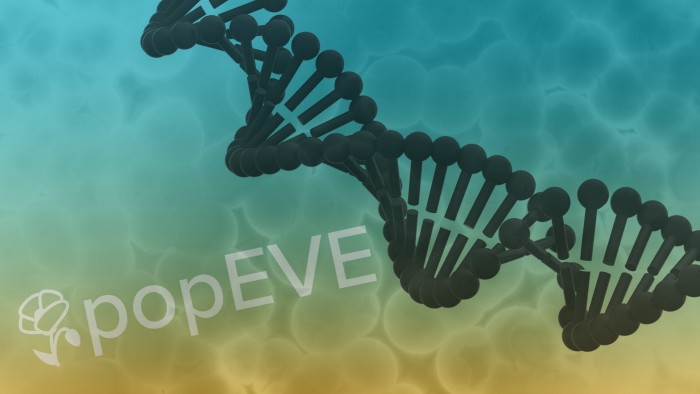Home / Science / New AI Model Transforms Rare Disease Diagnosis
New AI Model Transforms Rare Disease Diagnosis
24 Nov, 2025
Summary
- AI model popEVE flags unknown genetic mutations that cause disease.
- It outperforms Google DeepMind's AlphaMissense in accuracy.
- The AI can aid diagnosis and treatment for rare genetic conditions.

An innovative artificial intelligence model, popEVE, has been developed by scientists to predict whether previously unknown human genetic mutations are likely to cause disease. This breakthrough could revolutionize the treatment of rare conditions, offering crucial data for medical challenges with unique genetic origins. The model leverages evolutionary information from numerous species, surpassing the capabilities of rivals like Google DeepMind's AlphaMissense.
The Barcelona-based researchers, collaborating with Harvard Medical School, built popEVE using an algorithm called Evolutionary model of Variant Effect (EVE). By examining genetic sequences across species and human databases, popEVE assesses the potential harm of missense mutations. This method has proven highly effective, correctly identifying damaging variants in 513 new genetic mutation cases with 98% accuracy.
PopEVE's capabilities extend to identifying previously unlinked genes associated with developmental disorders and performs better with non-European ancestries. Its low energy requirements make it suitable for developing nations, with successful applications already noted in Senegal. This advancement promises scalable application to every gene, fulfilling the potential of genomic sequencing in healthcare.




